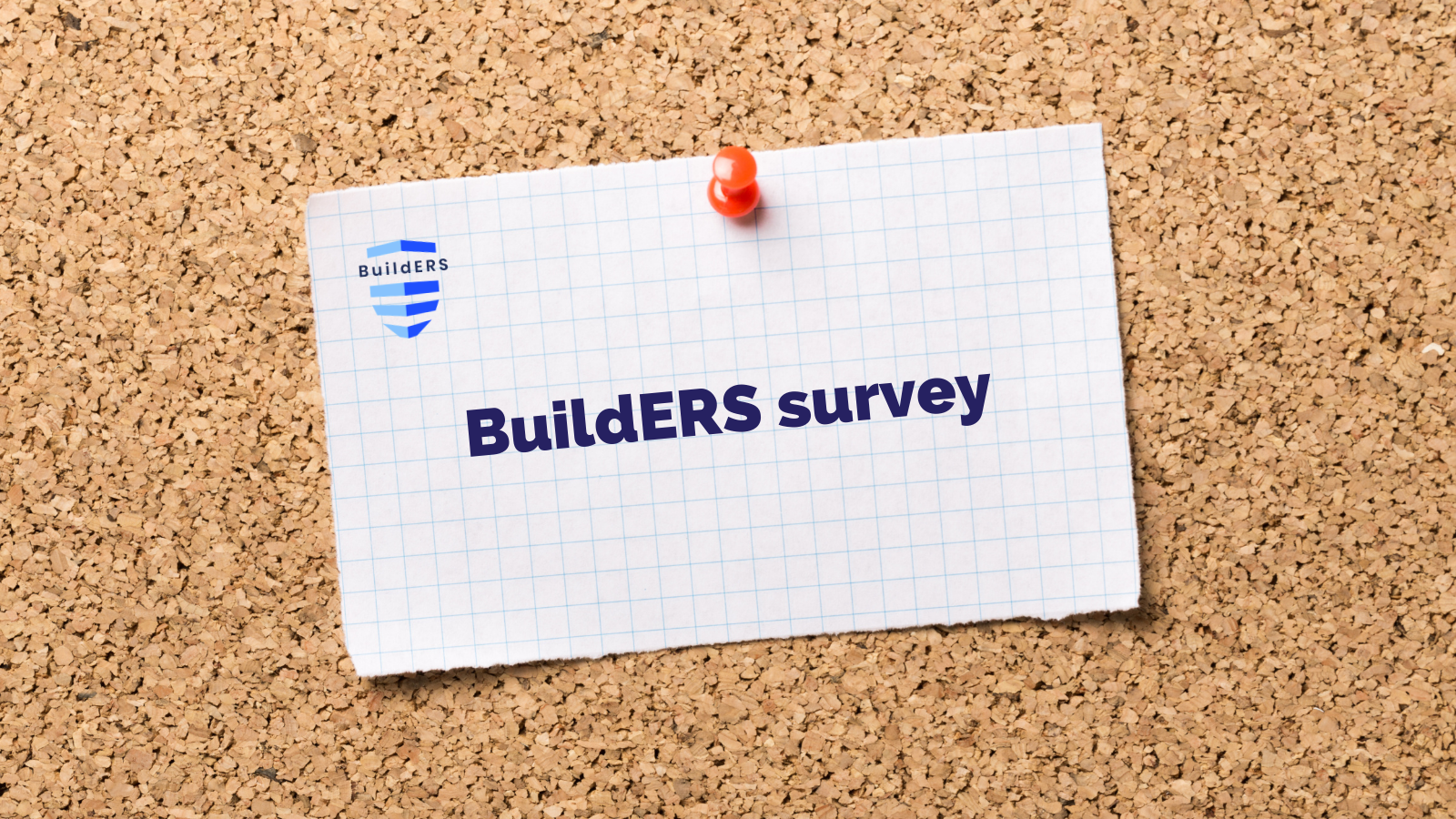The purpose of the survey is to see how vulnerable groups cope during disasters, including the homeless, refugees, and those receiving assistance from food banks and other services. With a focus on the first wave of COVID-19, the interview explores the physical as well as psychological elements that aid in building resilience to hazards, and the types of assistance received from their community and social services. The interview also covers the short and long-term impacts of living through a disaster, including long-term physical and psychological effects like post-traumatic stress disorder and post-traumatic growth.
The roll-out of the survey began in September 2020 after an initial pre-trial period in three countries (Belgium, Estonia, and Norway) and the translation of the survey into national languages. The interviews will be conducted until early 2021 in 14 countries: Belgium, France, Norway, Estonia, Lithuania, The Netherlands, Spain, Portugal, Italy, Hungary, The Czech Republic, Germany, Finland, and Denmark. The survey is being administered by Salvation Army staff and the staff of other social service organisations with respect to COVID-19 safety regulations.
